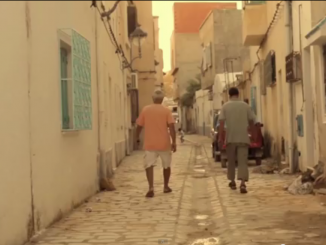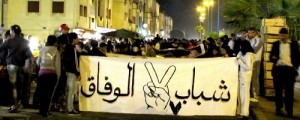
El Haouma, that is, the neighborhood
What happened to these young men that were so celebrated in 2011, the main actors of the so-called 'arab springs'? In recent years we only hear news about politicians, leaders, terrorists... but what about normal people, where have they been? The answer is simple: in their neighborhoods. In Hay Hlil, in Oukacha, in Hezbet el Haggana, where there is the same anger and frustration that there was before the protests.


 [/caption]
Zoning means that some parts of the city, for real estate or urbanistic reasons, are devoted to certain groups of population: if there are neighborhoods where immigrants live, it's obvious that the schools of these neighborhoods have to cope with much more children born from foreigners. Such is the situation in Torpignattara, in the east periphery of Rome: a primary school is undergoing a series of public debates abounding in words like
[/caption]
Zoning means that some parts of the city, for real estate or urbanistic reasons, are devoted to certain groups of population: if there are neighborhoods where immigrants live, it's obvious that the schools of these neighborhoods have to cope with much more children born from foreigners. Such is the situation in Torpignattara, in the east periphery of Rome: a primary school is undergoing a series of public debates abounding in words like